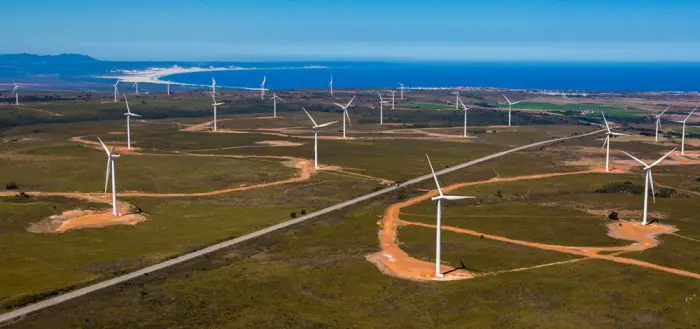The new data centers that Microsoft Corp plans to construct in South Africa will one day provide cloud computing services to the whole African continent. The power they use, on the other hand, will be produced and used up completely within South Africa’s grid.
Whereas a decade ago that would have meant buying electricity from the utility irrespective of generation source, Microsoft now expects to have a diversity of possibilities.
Given its commitment to renewable energy, the company may have a preference to use wind and solar energy. But in South Africa, that power might not end up being completely clean.
Buying clean power can be moderately easy. In South Africa, nonetheless, things are a little complex. In the U.S. and in other places, companies can basically buy clean energy from any utility that has a certification program guaranteeing the power comes from a zero-carbon source.
Companies can also contract for power from an outside clean-energy source. But with South Africa’s utility, Eskom, there are hurdles.
Also read:South Africa banks on wind energy to go green
South Africa has no renewable-energy certificate program, so the only way for Microsoft to warranty clean power is to build its own source — and that might not deliver enough power to meet its demand.
Or the corporation could sign a deal with an independent clean-power producer and compensate Eskom a “wheeling” charge to supply it, but Eskom hasn’t been signing any new power-purchase agreements.
That leaves buying power from Eskom itself, with no guarantees that it comes from wind or solar.
Eskom is an establishment with a history of power blackouts, several scandals, and a less-than-stellar local repute. In South Africa, it’s going to be a trial for Microsoft to get clean power from a not-so-clean utility.
Many big companies are now choosing renewables. Google, the largest buyer of clean power, was also prompt to the game, making its initial corporate clean-energy purchase in 2010. Microsoft signed its earliest clean-energy contract in 2013

